We’re a bit biased about team building (obviously), but that’s because we know that it works. Corporate team building isn’t just an excuse to get out of the office (although it’s easy to find one from our range of outdoor activities!), nor is it as awkward and boring as often depicted on TV. It can be one of the most important investments that you can make in your business if you get it right.
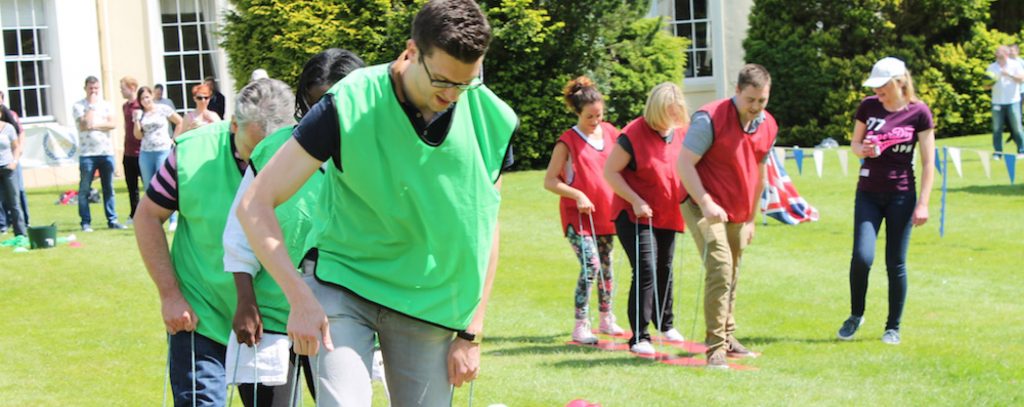
What is team building?
Team building in the workplace is the practice of bringing employees together, fostering strong relationships, and transforming them into a cohesive team. This process creates a strong team that cohesively works together towards a common goal. The importance and main purpose of team building is to create strong bonds and connections. Creating these bonds is very beneficial to businesses and organisations. The benefits include:
- Increased communication
- Planning skills
- Employee motivation
- Collaboration
No matter the kind of activity, from 10-minute pre-meeting icebreaker quizzes to corporate retreats with a full timetable of planned fun, team building is effective in nurturing company culture and appreciating employees.
Engaging and collaborative activities help people connect in a different setting. One of the most powerful reasons for organising team building events is to get results, not only for your employees, but for the business. Through a series of planned and engaging events, your guests will improve skills such as:
- Communication
- Problem-solving
- Creative thinking
- Conflict resolution
Team building activities facilitate stronger bonds and long-term relationships.
A close-knit team ensures productivity, motivation, and a positive work environment. Building a strong team doesn’t happen overnight. You may have employees who mesh well organically; however, it is up to team leaders to reinforce relationships with effective strategies. Team building will be one of the most important business investments that you make.

Networking and Socialising
Giving employees the opportunity to socialise outside of the constraints of an office or ‘work’ will not only increase morale but will also increase productivity. Teams that allow more social and emotional connections become friends. Over half (57%) of UK employees say that having a ‘best friend’ at work makes their job more enjoyable, increasing their productivity and creativity.

Boosting Performance
Team building activities also work to improve workplace teamwork because employees know each other better. After attending an away day, employees better understand their peers’ strengths and weaknesses, and will therefore be a more cohesive and organised team, which will produce stronger, high-quality work.

Increasing Motivation
After any win, the team winners will celebrate and have fun, which motivates them to want to win even more, and more often. The fun that comes with a team event will motivate employees to perform to a higher standard.

Demonstrating Leadership
In a relaxed and creative environment, employees tend to demonstrate their value and skills. Leaders can arise in the most basic of activities. Regularly scheduled events and activities can feed employees’ confidence in the workplace. You may discover that someone you thought was really quiet actually shines under pressure and really takes control of a situation.
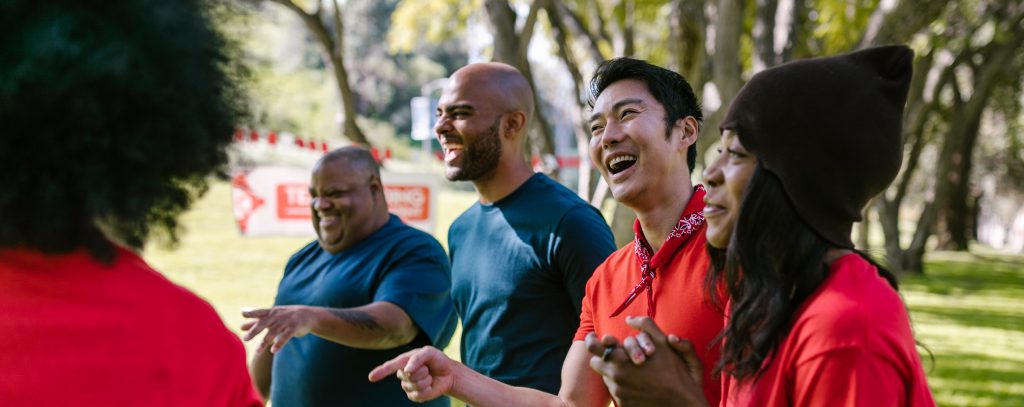
Communication
Communication is the main reason why people decide to partake in team building. Everyone wants a friendly, comfortable, and welcoming work environment. Many companies organising corporate activities come to us with the motivation of building communication and trust within their company. While this can be a general goal, we often find that there are specific areas that can be focused on.
Laid-back events such as happy hours, cocktail-making classes, or workshops can allow guests to learn more about each other whilst having some banter and giving colleagues ways to connect beyond work chat. Increased communication helps team members to connect in a more proactive way and gives them the tools to connect better at work.
Communication and trust go hand-in-hand and are the key to building effective teams. Trust can also make people feel safe and develop a sense of belonging and self-reliance.

Creativity
People become more imaginative when they get on with the people around them. When someone feels more comfortable with their peers, their collaboration becomes more of a conversation, a free flow of ideas.
Creativity and communication go hand-in-hand to produce excellent and creative ideas. More creativity leads to more successful and productive workplace ideas. This also helps employees reach their goals and improve their efficiency, as well as get along with one another.
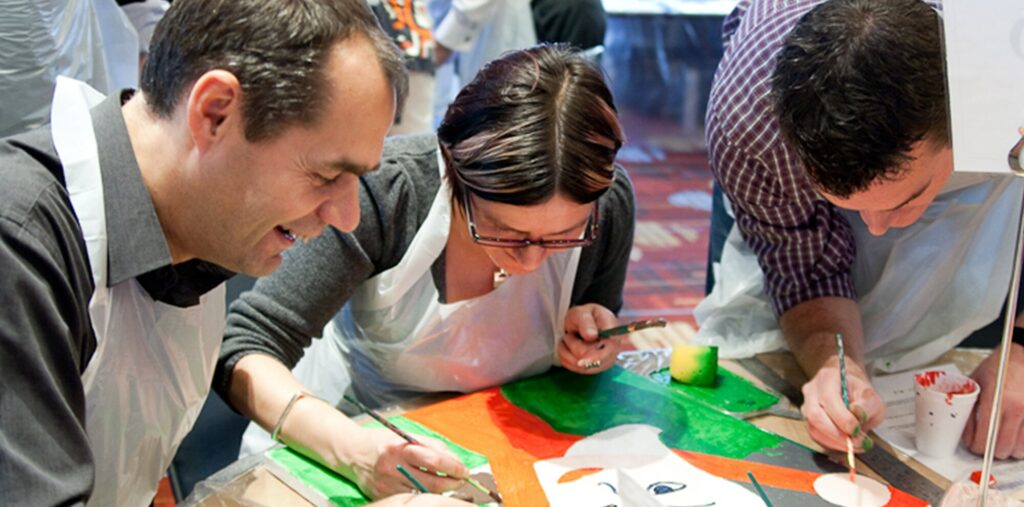
Company Culture
Company culture is the values, goals and attitudes that exist within your organisation. The culture of your company defines the environment that you work in, as well as highlighting what is acceptable within your organisation.
According to an Indeed survey, 72% of job seekers say it’s extremely or very important to see details about company culture in job descriptions. Good company culture is not only good for your employees but is good for your company image. A ‘good’ company culture has:
- High morale
- Flexibility
- Productivity
- Trust
- Autonomy
- Innovation
- Engagement
- Diversity
- Transparency
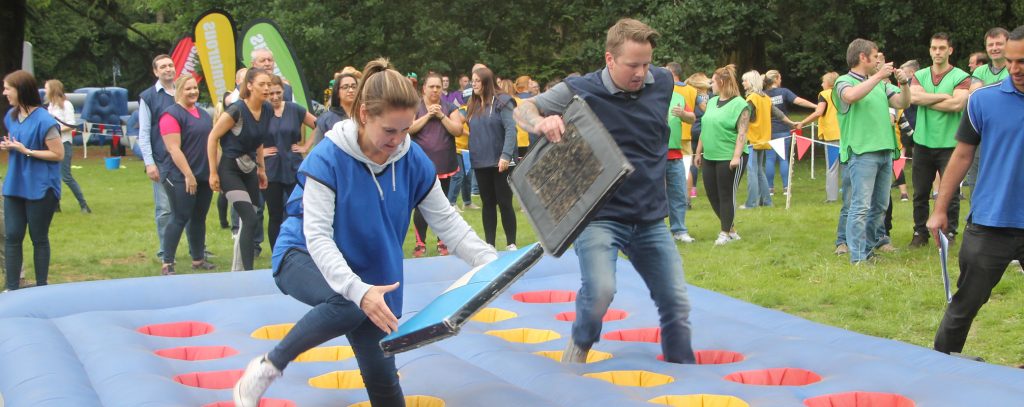
Healthy Competition
Also known as ‘bragging rights’. Competition increases productivity, which is then channelled back into the workplace. Learning to work well together with a team, especially a new team, can take time, but it’s no surprise to know that teams come together quicker when an incentive is offered.
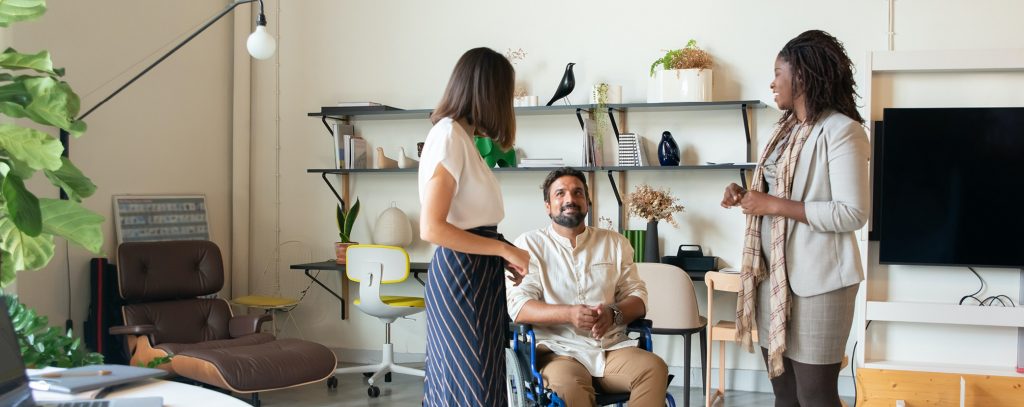
Appreciation
Team building not only benefits the company but also shows employees that their employer cares for their health and well-being. Employees who participate feel more appreciated and cared for. Rewarding efforts through events will not only show that you care for your employees, but also give them a hard-earned rest away from their desks, and they always come back to work feeling valued and well-rested.

Engagement
Committing to regular company events such as rewards dinners, teambuilding, and staff socials will build strong bonds and make employees excited to come to work. Employees will feel reinvigorated, encouraged, and motivated. Teambuilding also gives employees a common topic to discuss other than work. Employees will be able to take all of the skills that they learned during the team building sessions and apply them within their working environment and their daily tasks.

